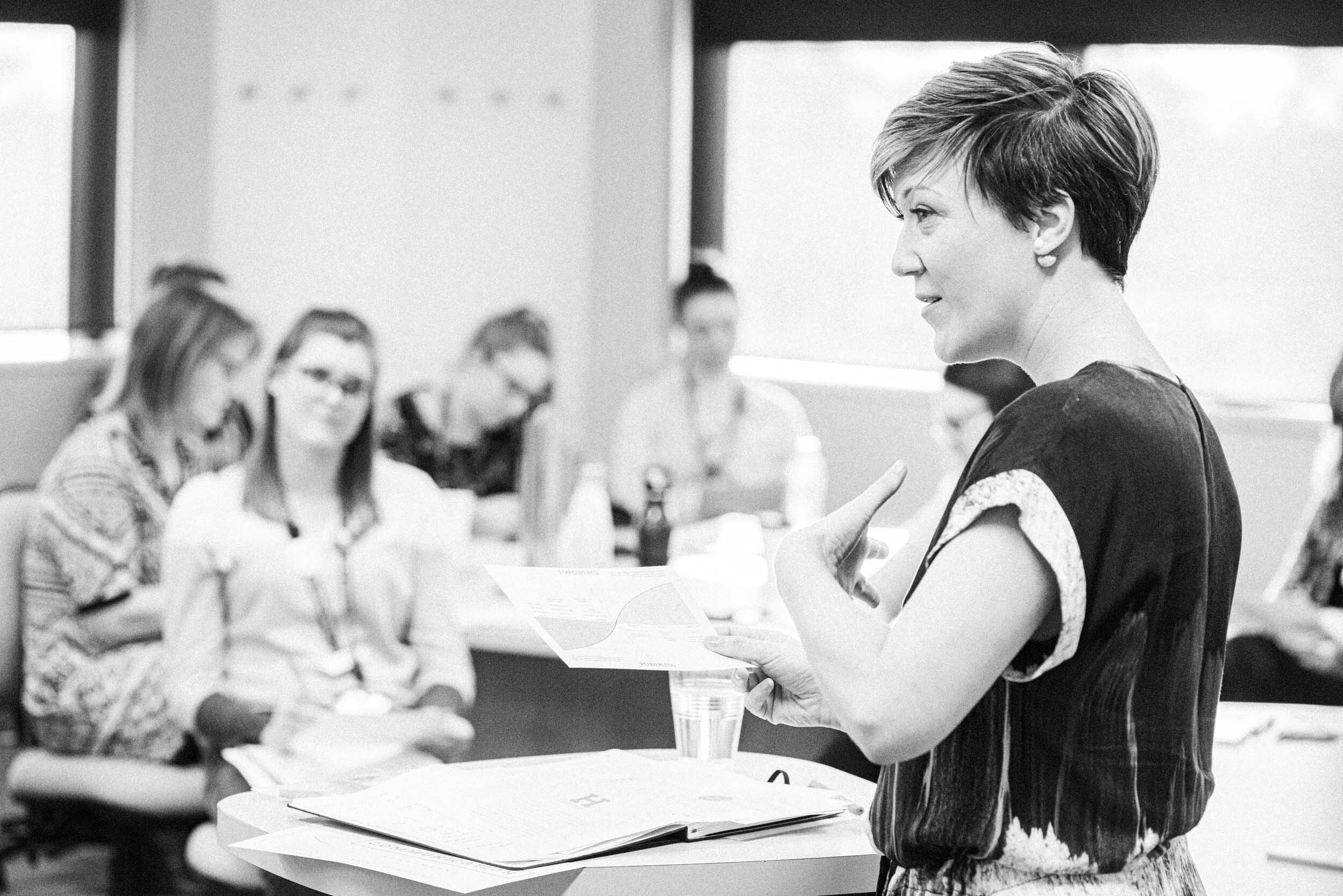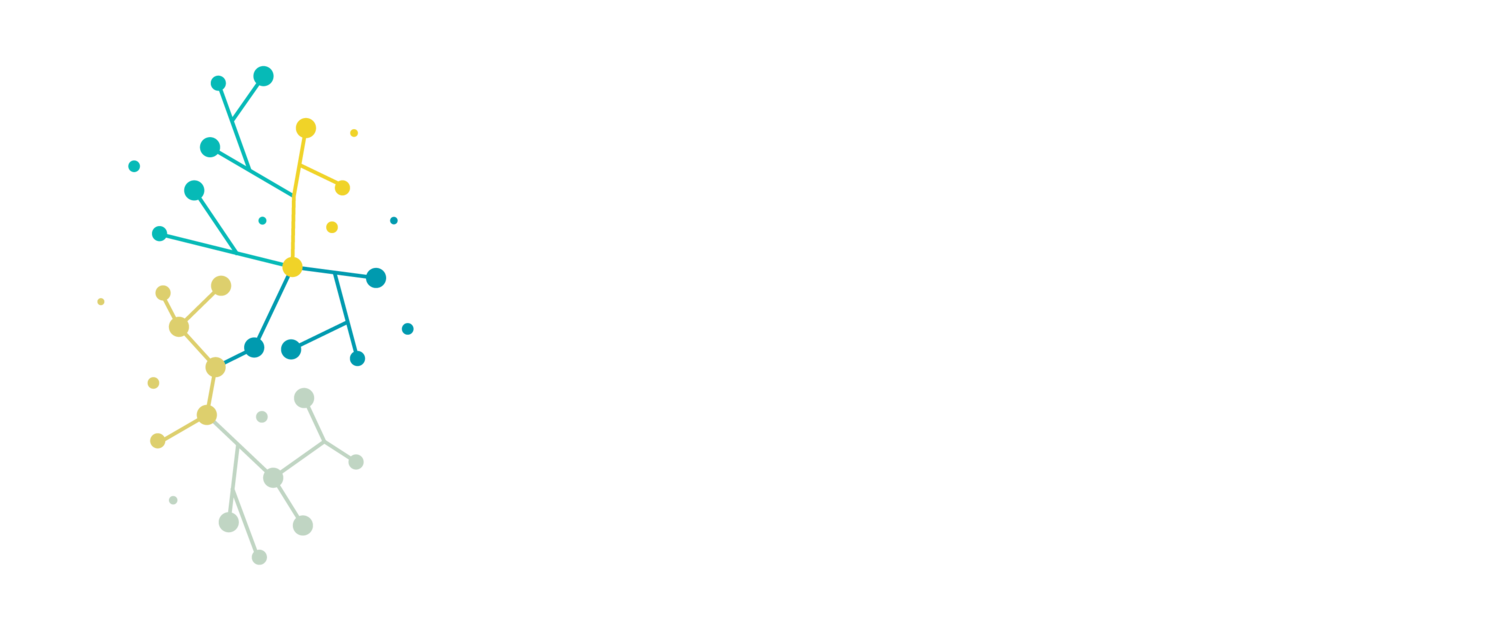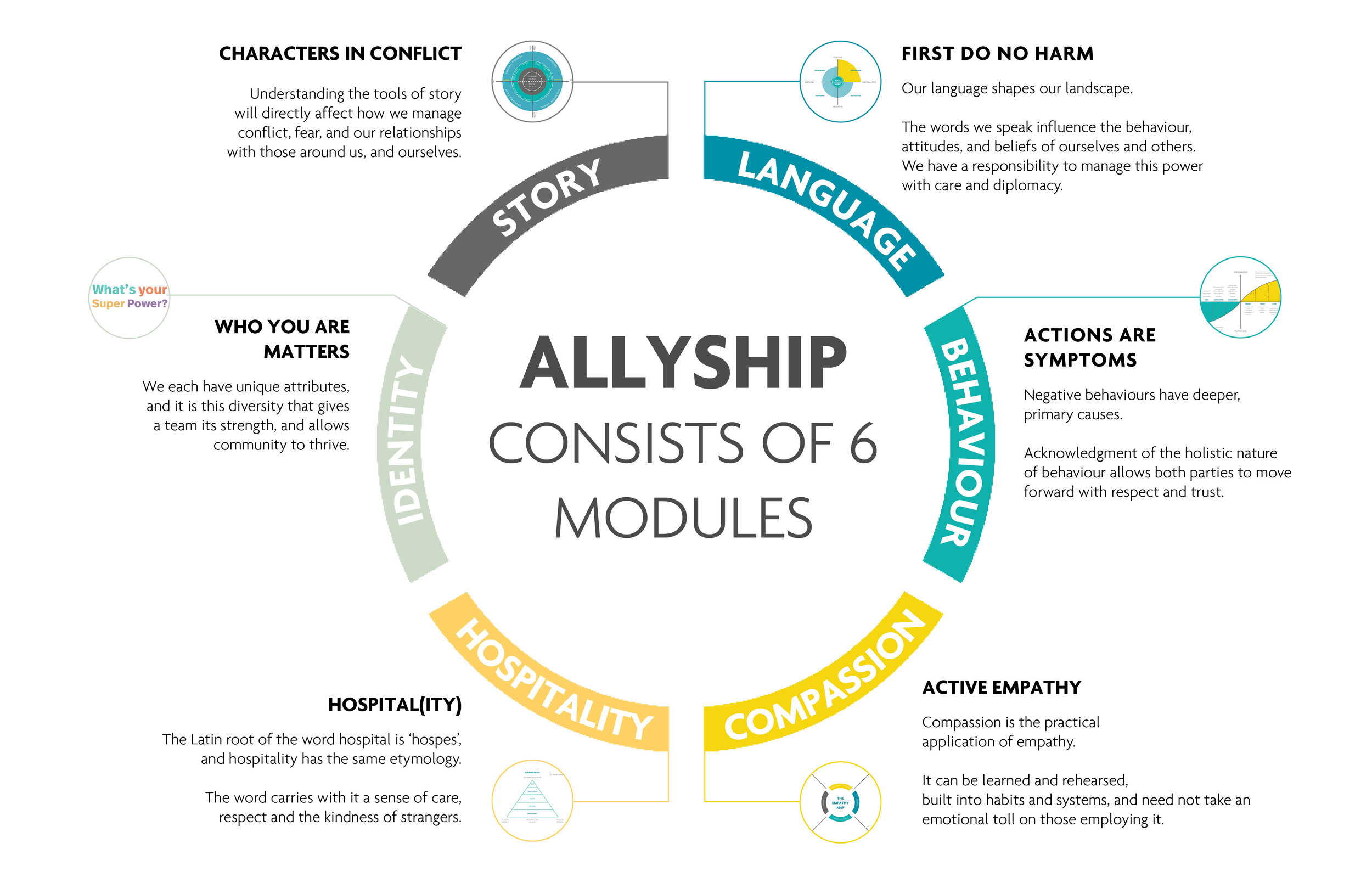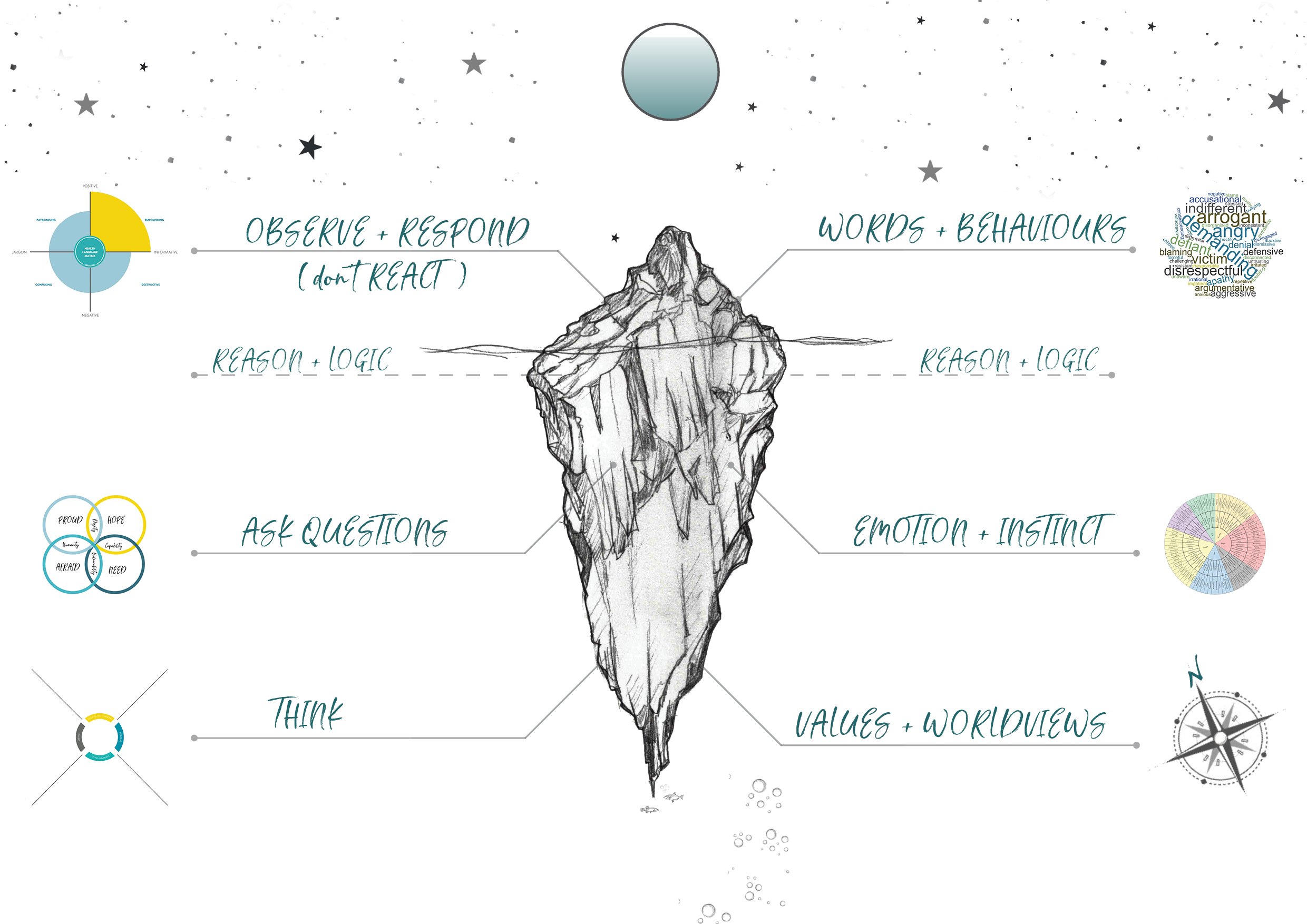
Allyship and Below The Surface are communication programs/workshops for healthcare professionals, eductaors and businesses
ALLYSHIP embraces a best-for-all approach, which acknowledges each player in a relationship, the boundaries that are required, and the skills and intuition each party can bring to the table.
It’s a reciprocal relationship that aims to keep the power balanced, and uses the relational tools of humanity, rather than the hierarchical devices of a customer service model.
ALLYSHIP consists of 6 modules which can be undertaken as 90 minute online masterclasses, or tailored into a bespoke program depending on the needs of the participants.
Module 1 FIRST, DO NO HARM.
Language
Our language shapes our landscape.
The words we speak influence the behaviour, attitudes, and beliefs of ourselves and others. Within high-stakes contexts, such as the sharing of difficult information, our words carry an enormous emotional weight. They can alienate and add trauma, or they can honour and empower.
We have a responsibility to manage this power with care and diplomacy.
“I always think of those words and phrases as the scars that they’ve left behind.” - Rhee, Parent.
Module 2 ACTIVE EMPATHY.
Compassion
Compassion is the practical application of empathy. It can be learned and rehearsed, built into habits and systems, and need not take an emotional toll on those employing it.
Since we all process information through our own unique filters, based on knowledge, experience, status and culture, we are rarely aligned.
Compassion builds a bridge between our differences, allowing clearer communication and more collaborative and positive outcomes.
Studies and research worldwide all confirm the critical need for compassion in healthcare, and the powerful influence it has on the health outcomes of all parties.
Module 3 ACTIONS ARE SYMPTOMS.
Behaviour
Judgement. Arrogance. Blame. Bullying. Dismissiveness. Entitlement. Anger. Frustration. Mistrust. Shame. Guilt. Fear.
Negative behaviours are often symptoms of deeper, primary emotions. By acknowledging the holistic nature of a behaviour, we allow both parties the opportunity to meet each other where they’re really at, and move forward with respect and trust.
The solution to negative behaviour is a lot more nuanced than simple disciplinary action.
It requires a relational skillset, not just a bureaucratic one.
Module 4 WHO YOU ARE, MATTERS.
Identity
Our society has narrowed the scope of the word “normal” so significantly, that our dictionaries are left with the bland descriptive of “approximately average” and this average-ness has become the most common stick against which we measure ourselves and others.
It is a fear-response, resulting in comparison, judgement and hierarchy, and does nothing to encourage the broad and deep diversity that is present in all of humanity.
No one is “normal”, and we should not aspire to be so. We each have unique attributes, and it is this diversity that gives a team its strength, and allows community to thrive.
Best practice in healthcare requires an urgent self-review on our unconscious biases, and the labels we use for difference, diversity, and disability.
Module 5 HOSPITAL(ITY).
Hospitality
The Latin root of the word hospital is ‘hospes’, and hospitality has the same etymology. The word carries with it a sense of care, respect and the kindness of strangers.
Decades of research support a broad, holistic approach to doctor-patient communication, that not only includes data gathering and patient education, but also behaviours such as open and empathetic enquiry, relationship building, and patient activation.
When the values of all parties are respected, the best health and wellness outcomes can be achieved for the patient, and for the health professional.
Module 6 CHARACTERS IN CONFLICT.
Storytelling
The role you play in your own life story should be chosen deliberately and wisely. Too many of us are playing smaller, weaker parts - those of victims, or villains, or heroes without compassion.
It affects how we relate to others, and it hampers our progress. And most often, we don’t even realise we are playing these roles.
Storytellers have spent thousands of years studying how humanity thinks, feels and is moved to act. The power of a great story lies not in a lack of conflict for the character, but in the transformation within the conflict, and often because of it.
Understanding the tools of story will directly affect how we relate to those around us, how we manage conflict and fear, and will allow us to empower others towards their best outcomes.
BELOW THE SURFACE - Strategies to forge connection through awareness of language, communication, behaviour and values. It embraces a best-for-all approach, which acknowledges each player in a relationship, the boundaries that are required, and the skills and intuition each party can bring to the table.
This thought-provoking workshop explores the relationships between our surface words and actions and the deeper drivers of emotion, values and beliefs.
As we understand what drives the behaviours of others, we develop a greater level of compassion for them. Below the Surface advocates for humanity, not hierarchy.
It encourages respect, grace, and an intent towards collaboration, instead of confrontation. This is the space of psychological safety and where shared decisions can happen.
Workshop attendees are left with a sense of hope, validation and empowerment as they head out into their work, and their lives.
They are better equipped to communicate and share difficult information and have more confidence in dealing with confronting emotions and behaviours.
BELOW THE SURFACE can be undertaken as 3 hour in- person workshop, or over 3x 60 minute online sessions. This can be further tailored into a bespoke program depending on the needs of the participants.
What participants have said
“This workshop has been deeply reflective. There was a sense in the room after your talk yesterday that everybody had gone deep into themselves, because you showed us how we could be brave. You led by example and this has allowed us to show up in a state that is open and ready to learn and embrace the many lessons from your work. You had a profound impact on the group. The change can only come once we make the necessary changes within ourselves. It was an education and now it’s on us, to continue the great learning.”
- Theo
“I think we talk about patients and wanting the best for them, but making them real, making them tangible, and putting that vision in front of us which you so beautifully did. But also it’s not just the patient, it’s the people around them. You’ve helped us to think of everyone involved, all the family, carers and support around a person. We’re all people, and also if we’re in that situation, how would we want to be treated?”
- Therese
“It has been, at times, extremely overwhelming, beautiful, as well as like a banana: You’ve peeled off layers so that we can move forward now, almost as different people. You’ve pushed us out into a different space.”
- Penny
“I personally found your presentation profound yesterday. And I think everybody in the room felt like that, so that was fantastic….And today with this workshop, you’ve given us a platform on which to build skills and a common language in which to communicate with people. Your reminder that it’s people behind the conditions, there’s actually a person that we are working with, is so helpful for us as we do our best. Your work is really profound.”
- Arthur
“It’s more than a story, it’s an incredibly powerful lesson and the tools you have given us - You have helped us to confront our humanity. This is vitally important in our work.”
- Tania
“Your workshop has a deep authenticity, with learnings that can be applied broadly in and outside our workplace.”
- Sascha










